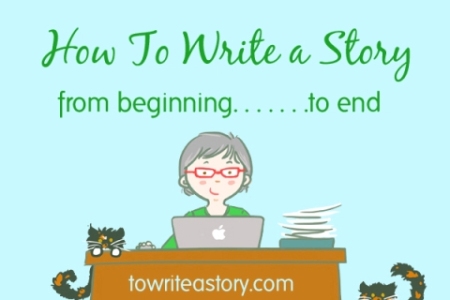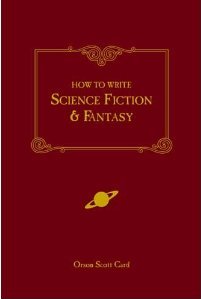Following the biweekly series of writing-related posts on Ruth L. Snyder’s blog hop, here are my thoughts for new writers:
You
You are a writer. Don’t wait until you have something published to call yourself one. We tend to be afraid others will laugh at us or think we’re being pretentious, but the truth is, if you write, you’re a writer. Owning that facet of your identity, and giving yourself permission to be that part of who you are, is a step forward, and if you don’t take your writing seriously, no one else will.
You’re not just a writer, though. Don’t neglect the other areas of your life, even if this one’s the most fun.
Write
Take regular time to write. Little bits will add up. If you want to stick with this long-term, learn to write when the muse is silent and when you’d rather be doing anything else. Writing is work.
Keep writing. When you finish a project to the best of your ability, write something else. Don’t tie your hopes to one thing.
Remember the difference between writing for personal expression and writing for readers. They’re both valuable, but if you want others to read your work you need to revise with their interests in mind.
If you decide to self-publish, do the research first. And hold yourself accountable to produce a quality product, including cover art and editing. Don’t sabotage what you’ve written by packaging it poorly.
Connect
Get to know other writers online or in person. Learn from their experiences and their mistakes. These are the people who will encourage and understand you, and you’ll do the same for them. Help other writers, with no agenda. Some of it will come back to you anyway. My favourite online writers’ organizations: The Word Guild, InScribe Christian Writers’ Fellowship, American Christian Fiction Writers.
Connect with other writers, attend conferences if you can. Be teachable, and don’t turn getting published into an idol. Enjoy the journey, and remember that anything worth doing will take time and practice. If you’re good today, imagine how much better your writing will be after you’ve put in your “apprenticeship”.
On conferences: don’t wait until you’ve “earned” the right to be there. The sooner you go, the less bad habits you’ll have to un-learn later. And the more writing friendships and contacts you’ll develop. My favourite conference: Write Canada. Choose a conference based on location but also based on faculty and course options. If you can’t get to one, there are online offerings like WANA International, and many conferences offer mp3s or CDs of their teaching sessions.
Learn
As well as conferences, check out books and blogs on writing. A few books I’ve reviewed and recommend: You Are A Writer by Jeff Goins; The Art and Craft of Writing Christian Fiction by Jeff Gerke; Unleash the Writer Within by Cecil Murphey. Blogs I find helpful: How to Write a Story by Valerie Comer; Write With Excellence by N.J. Lindquist; The Seekers (group blog). There are, of course, many more resources. Feel free to leave your favourites in the comments!
Quality
Do your very best. Don’t let fear of imperfection keep you from sharing your work, but remember to make that work shine as brightly as you can. Serve the art. Don’t be careless with it. This goes double if you’re a Christian. Yes, God may have given you the idea. But He gave you the task of presenting it well. He can use poor writing, but good writing gets into the hands of many more people who He may want to touch with it.
The only way to know you won’t succeed is to quit, so persevere.
Follow
I mention this last, but if you’re a Christian it actually needs to come first: pray. If God has gifted you to write, He will make a way to use what you write. It may not be what you have in mind, nor on your timetable, but His way is best. Follow His leading, even if it’s into areas of writing that aren’t your top choice. He knows where this will go, long-term.
To read what other writers are saying about this, follow the blog hop: Just click on the image below.

Like this:
Like Loading...
 Writing the Heart of your Story, by C.S. Lakin (Ubiquitous Press, 2014)
Writing the Heart of your Story, by C.S. Lakin (Ubiquitous Press, 2014)













